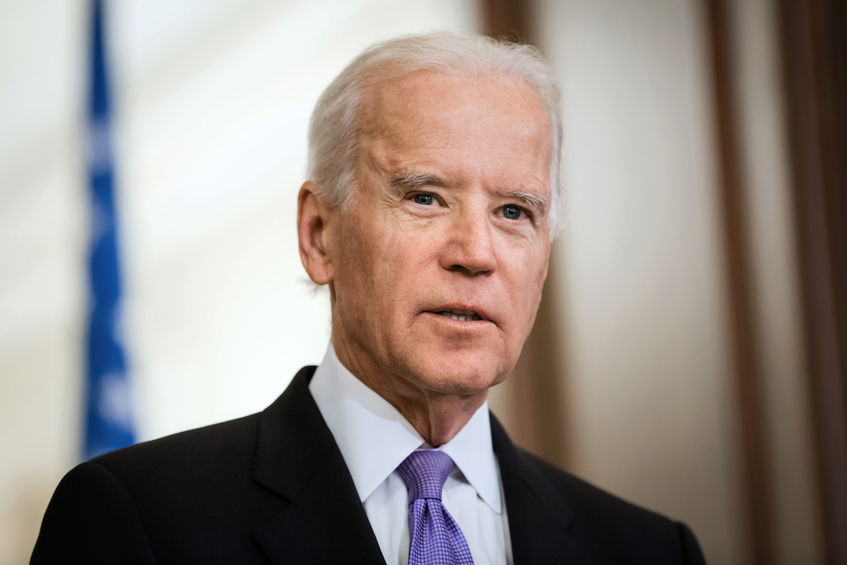Presidential candidate, Joe Biden, the former Vice President, recently delivered a message for blue collar workers in America’s vital energy industries: you are going to lose your jobs.
Pound sand; let them eat cake – pick your metaphor. Biden admitted: “The answer is yes,” to a question posed to him at the last Democratic presidential debate about whether he would pursue his climate policies if they resulted in job losses to thousands of blue-collar workers. He went on to promise “high paying” green energy jobs for those “displaced” workers – as empty a promise as one will hear from a politician.
It is not just coal miners and oil production workers who stand to lose if Biden becomes President. The tens of thousands of workers in the natural gas industry who have made America the world’s leading energy producer also will be harmed. A Biden presidency, or that of every other Democratic candidate, would declare war on fossil fuels in order to address man-made “climate change.”
No matter what Joe Biden, Congresswoman Alexandria Ocasio Cortez, or any other politician promises with whatever Green New Deal they are hawking, America’s fossil fuels can not easily be replaced – certainly not in the near-term, nor in the decades hence.
Fossil fuel energy is plentiful and is the lifeblood of America’s economy. It fuels domestic manufacturing, heats our homes and businesses, and powers our vehicles. The hydro-fracturing revolution of the last decade has made all such energy more affordable and has sustained the overall economy to the point of robust job creation and rising incomes in recent years.
The promise of renewable energy to replace traditional sources that is the crux of the Green New Deal is pure fantasy. That does not mean that research and technological advances in alternative fuels should not be financed and pursued. The problem is that any such energy transformation is not easy, imminent or realistic. Airplanes will not be flying on solar energy in our lifetimes, if ever.
This lack of realism from Biden and so many others is not stopping politicians from imposing present-day limits on traditional energy development. Climate policies in places like California and New York are reckless examples of restrictions on fossil fuels, which mean fewer jobs, loss of competitiveness, economic stagnation, and state residents fleeing. If such policies are imposed nationally, which Biden and other presidential candidates promise, the same bodes ill for the United States.
The reporter at the debate asked the right question of Biden, and he got an honest answer, at least in the first part. Blue-collar workers in energy will lose their jobs. Yet the promise of Biden and others that new jobs will be created in alternative energies is unserious since those sources cannot rival fossil fuels any time soon, if ever.
The follow-up question about energy transformation never seems to get asked. How will renewable energy reverse climate change? How much carbon will be reduced? How reliable are climate predictions in which all this is based? (Hint: they are not reliable.) Would a “carbon free” America in 30 years, assuming it was possible, even matter?
The risk—rather, the certainty—of green policies is that American taxpayers will spend billions of dollars fighting climate change without moving the global temperature needle since most of the rest of the world will continue to refuse such folly. Carbon emissions may drop a tiny fraction, but sunspot activity, ocean currents, and water vapor–all of which affect climate–will continue.
China, Russia, India and the developing world need fossil fuel energy now to build their countries and raise living standards. Fossil fuels are essential to bring middle class prosperity—the kind Americans have enjoyed for decades—to the world’s poor. They are not on the Green New Deal bandwagon and do not believe or care what Hollywood actors, royal offspring or green billionaire donors are selling.
Give Joe Biden and others credit for being truthful about massive job losses in America’s energy sector if they implement their climate policies. More importantly, these same politicians need to answer how attempting such a green transformation could be accomplished or be effective globally.
